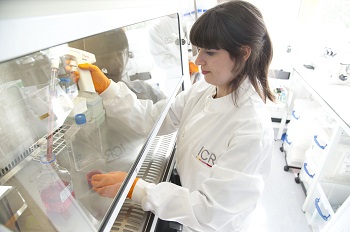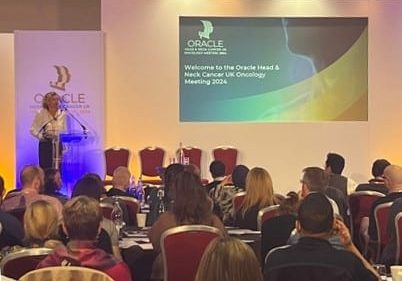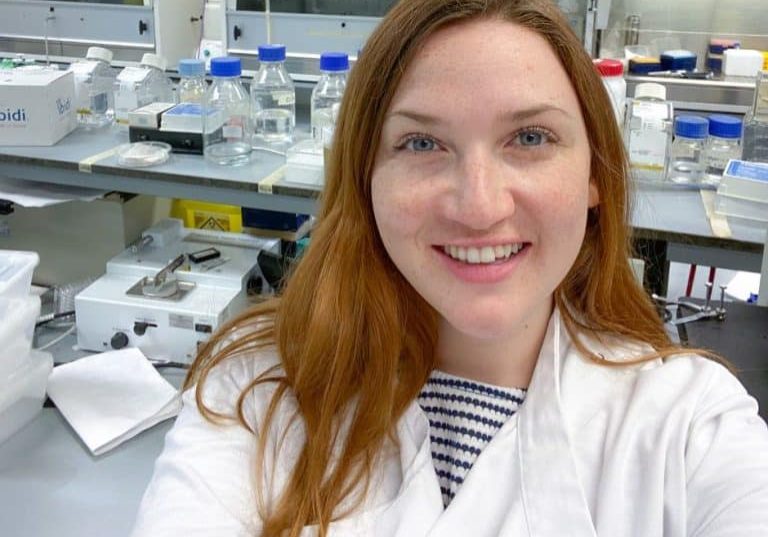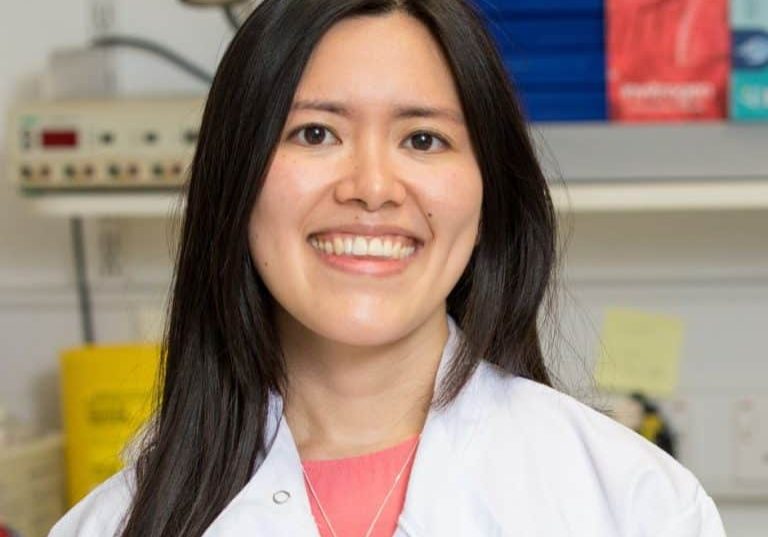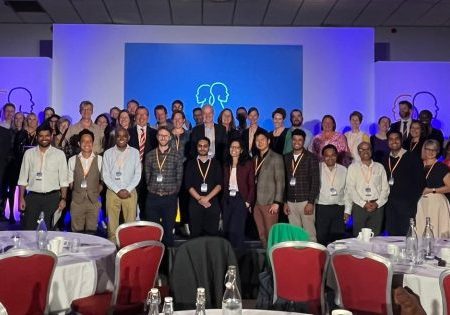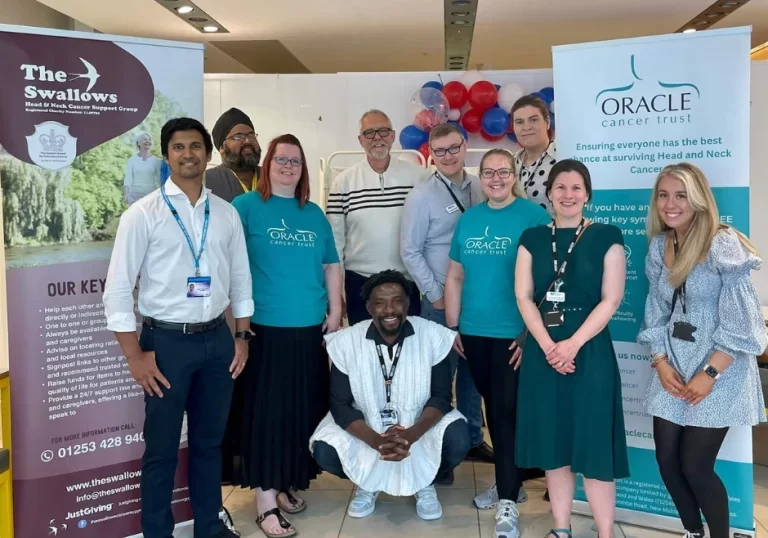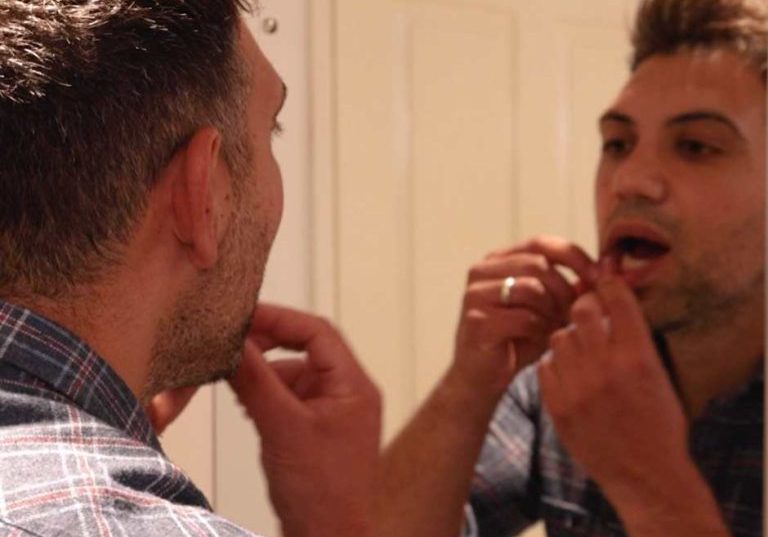Pioneering Research
Oracle Head & Neck Cancer UK´s origins date back to 2000 to address the medical research and delivery gaps facing Head and Neck cancer patients in the UK.
Since then Oracle has been a leading UK funder of early-stage medical research in Head and Neck Cancer. The charity has supported over 50 research programmes and provided over £7million in funding towards better outcomes and more advanced treatment approaches in this area of cancer.
Our successes include improved delivery of radiotherapy, reducing the legacy of lifelong side-effects and pioneering advances in immunotherapy.
Whilst the situation around Head and Neck Cancer is worrying, Oracle believes that there are many areas where positive impact can be realised and many individuals, partners and communities who have projects waiting for funding. In specific the charity has decided to focus on three key areas;
- Increasing awareness of Head and Neck cancers in the wider community
- Supporting service delivery innovation within NHS Head and Neck cancer centres
- Promoting discovery of better treatments through research grants.
Using AMRC guidelines for project approvals
Each Oracle research project is rigorously assessed by peer review and independently approved by the Oracle Research Committee. All committees at Oracle are voluntary and non-conflicted as outlined by The Association of Medical Research Charities (AMRC). As members of AMRC, Oracle adhere to their strict guidelines and protocols for reviewing and selecting research projects to fund.
AMRC have five principles of peer review, which must be implemented by member charities across funding for all types of medical research.
- Accountability: Charities must be open and transparent about their peer review procedures and publish details, including the names of members of scientific advisory panels or other decision-making bodies.
- Balance: Scientific advisory panels must reflect a fair balance of experience and scientific disciplines.
- Independent decision making: The scientific advisory panel must be independent of the charity's administrative staff and trustees.
- Rotation of scientific advisers: Scientific advisory panel members must have a fixed term of office and not have tenure.
- Impartiality: Scientific advisory panels must include a significant number of non-beneficiaries. There must be a conflict of interest policy and potential beneficiaries should not be present when decisions are made.
We support the principle of using animals in research when it is necessary to advance understanding of health and disease and to develop new treatments. This research only takes place where there is no alternative available.
In line with this we support the principle of the 3Rs to refine, reduce and replace the use of animals in research and take them into consideration during the application and review process.
Currently mainstream funding for head and neck cancer is less than 2% in UK
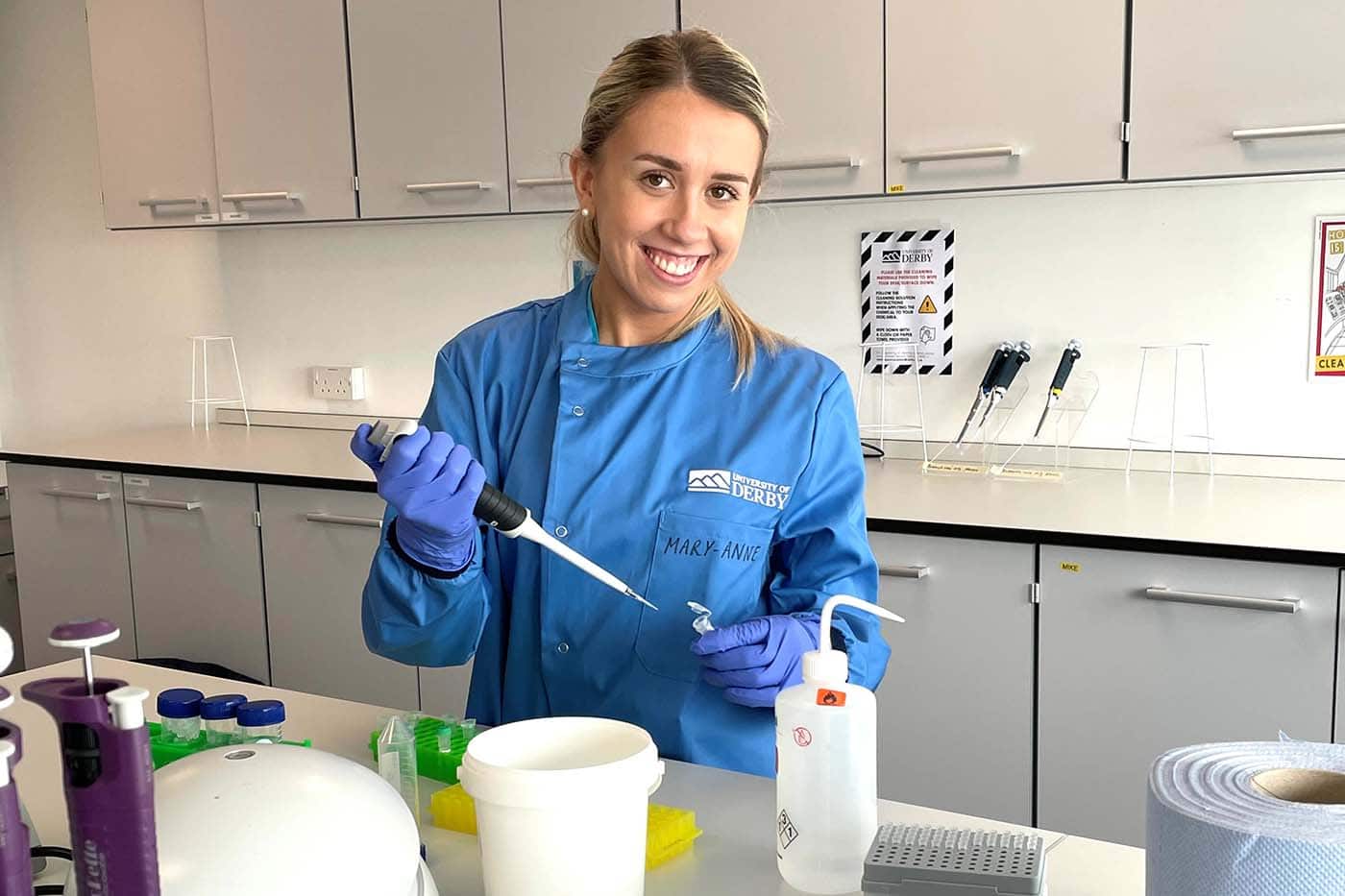
Our 2022 - 2027 Research Strategy can be read here
